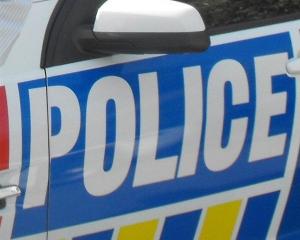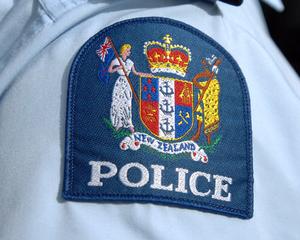
Speaking on TV3's The Nation at the weekend, Mr Power said he was considering screening parole hearings so victims and witnesses were not "rebrutalised" by the hearings of offenders who were unlikely to be granted parole.
Bevan and Dawn Smith's 15-year-old daughter Kylie was raped and shot by Paul David Bailey on November 1, 1991, while he was on bail for the attempted rape of a girl in Ettrick.
Mr and Mrs Smith have been attending Parole Board hearings since Bailey became eligible for parole in 2002.
They met the Parole Board in Christchurch in June to oppose bail and ask for a three-year hearing postponement, and expect to hear within the next couple of days if the postponement period has been granted.
Mr Power said when there was no prospect of getting bail, he would rather see the Parole Board concentrate on difficult cases that require a lot of consideration, rather than wasting resources and time on cases where parole was clearly not going to be granted.
The Smiths said they welcomed the proposed review of hearings that would eliminate trips to the Parole Board for victims of crimes.
Each parole hearing trip for the past 10 years had been a waste of time, because Bailey signed a waiver to say he would not appear before the board, effectively nullifying his chances of being paroled, Mr Smith said.
It costs them a day's wages and Victim Support paid for flights for four people to attend the hearing in Christchurch, he said.
Mr Smith believed the time and money could be put to better use, and his health suffered from the parole hearings.
Mr Power said one of the intended outcomes of screening parole hearings was to stop victims and witnesses being "rebrutalised" by the process.
"I had 10 years of confronting the public and being up-front about what happened to Kylie, then the sheer impact of the first parole board hearing tipped me up," Mr Smith said.
He "became unwell" before Bailey's second parole hearing, with weight loss and symptoms of depression, but did not know what was wrong.
"At the next parole board meeting, after a 12-month gap, it happened again.
"It happened three times, and then I cottoned on to it. You could almost set your clock to it, about a month before the parole board hearing."
The Smiths acknowledged the parole hearing process had developed and become more considerate of victims, but believed there were people who would benefit from not having to attend each hearing.
Mrs Smith said they had already lost a child, then had to go through "all this other rubbish".
"I often think about the people who are less able to cope. It was bad enough for us, and we had a good support network around us," she said.






